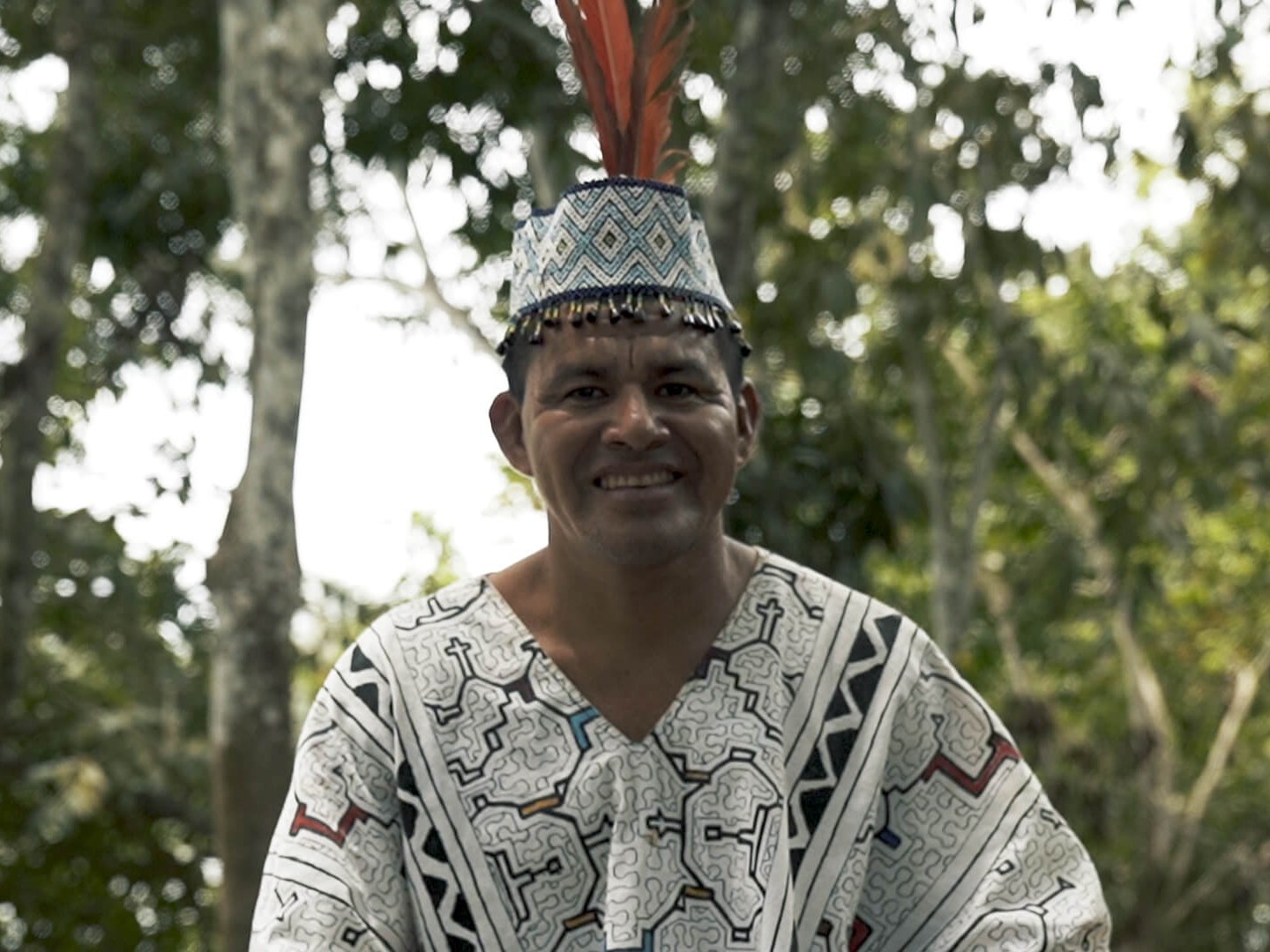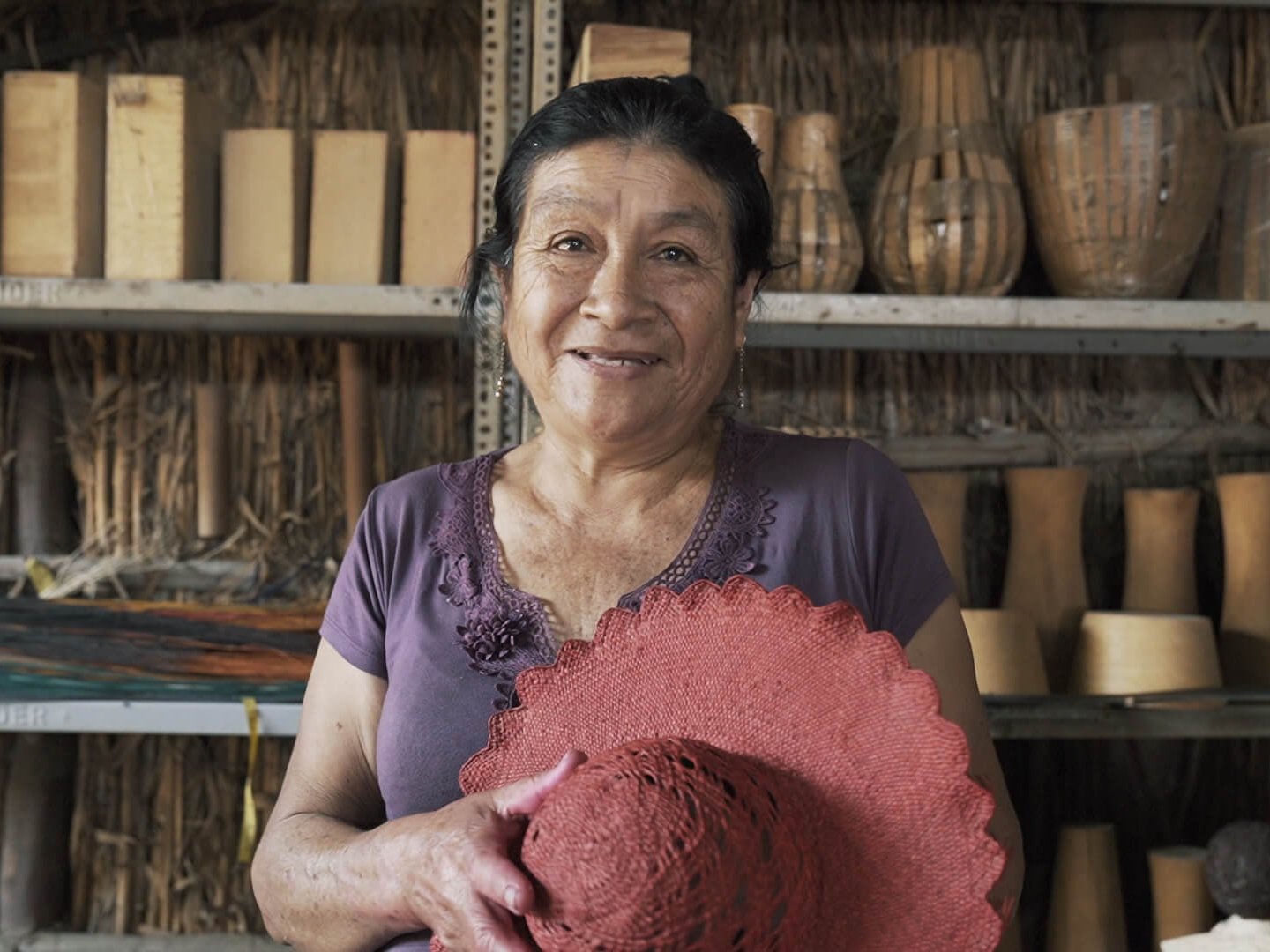Leer en Español.
Even though I had a temporary permit from the Colombian migration authority in Cúcuta that allowed me to work legally in Colombia, some places would turn me away as soon as they found out I was Venezuelan.
M y name is Candy Farías Olivero. I never seriously considered leaving Caracas until my girlfriend told me she had decided to head to Colombia. In Venezuela, I had a job and lived with my mother. But a few of my friends had emigrated to neighboring countries and they encouraged me to do the same.
We started out in Cúcuta, the largest border town between Colombia and Venezuela. Cúcuta is home to migrants, businesses, and all kinds of smuggling and trafficking of legal and illegal goods and services. I hustled recycling trash or worked as a porter around the Simón Bolívar bridge, the main walkway between the two countries. But I didn’t get enough work, and too many people were trying to exploit Venezuelan migrants. So my partner and I decided to continue our journey west. We set out for Bogotá, Colombia’s capital city – roughly a 500-mile journey from Cúcuta.
I knew it wouldn’t be a simple trip, so I didn’t tell my mother what I was about to do, and I didn’t call her while I was traveling. We had to walk for days, spent nights in highway gas stations, and finally we hitchhiked a ride from a trucker. He even gave us some money for a night at a hotel once we reached Bogotá.

They didn’t care about my nationality, the work permit I had was enough. They hired me on the spot.
Bogotá is a huge city. For days, I’d walk around looking for a job, then either go back to a friend’s place to sleep, or just sit down and rest. I wasn’t comfortable staying with my friend, knowing that I couldn’t give him money for rent or food. Two months went by. Even though I had a temporary permit from the Colombian migration authority in Cúcuta that allowed me to work legally in Colombia, some places would turn me away as soon as they found out I was Venezuelan: “Sorry, but we’re not hiring foreigners”, they’d say. In fact, my girlfriend couldn’t even get a work permit because she has no passport, which is the required Venezuelan ID. I think most Colombians are very kind to us, but there’s still quite a bit of racism against foreigners.
I finally found a fast food chain called ‘Sierra Nevada Hamburguesas y Malteadas’ that is friendly towards immigrants. They didn’t care about my nationality, the work permit I had was enough. They hired me on the spot. It’s been a bit more than a year now, and I’m up for a management position: if I get it, I’d be running one of their busiest restaurants, and I’d be the first Venezuelan manager in the company!

We don’t feel 100% safe in the area, but it’s the best we can do for now.
I used my passport and contract with Sierra Nevada to open a basic payment account at a bank here. But because my girlfriend doesn’t have a passport or a steady job, she can’t do the same. I keep her savings in my account, which isn’t ideal. And neither of us can get a loan.
Despite money coming in from my job, it was very hard to find somewhere to live. There are stories of immigrants cramming themselves into a one-bedroom apartment, 20 or 30 at a time; so some landlords think all Venezuelans will do the same. Through a friend, we found a nice woman that trusted us, and now we share a room in her flat in the south of the city. We don’t feel 100% safe in the area, but it’s the best we can do for now.
I consider myself lucky, but I feel most Venezuelan immigrants have to figure out being in a different country that is often pretty unwelcoming. And we have little access to information. For example, I send 30,000 pesos (around $8) home every week. I know the money transfer company takes a cut of up to 20%, but I’m not quite sure how much they are charging me every time.
Although money is tight and some things still make it hard to integrate into society, I trust that things are looking up for us.

Ramón Campos Iriarte is a journalist, producer and filmmaker with a photography and journalism background, and extensive experience working in the field. His multimedia documentary on the Syrian refugee crisis, “The New Promised Land”, was nominated for a Gabriel García Marquez Journalism Award in 2016. His short documentary “The Holdouts”, about the Colombian civil war, premiered at the 2017 Tribeca Film Festival.
Photography by Ramón Campos Iriarte.
For more on identity in a digital age, join our Facebook group.





